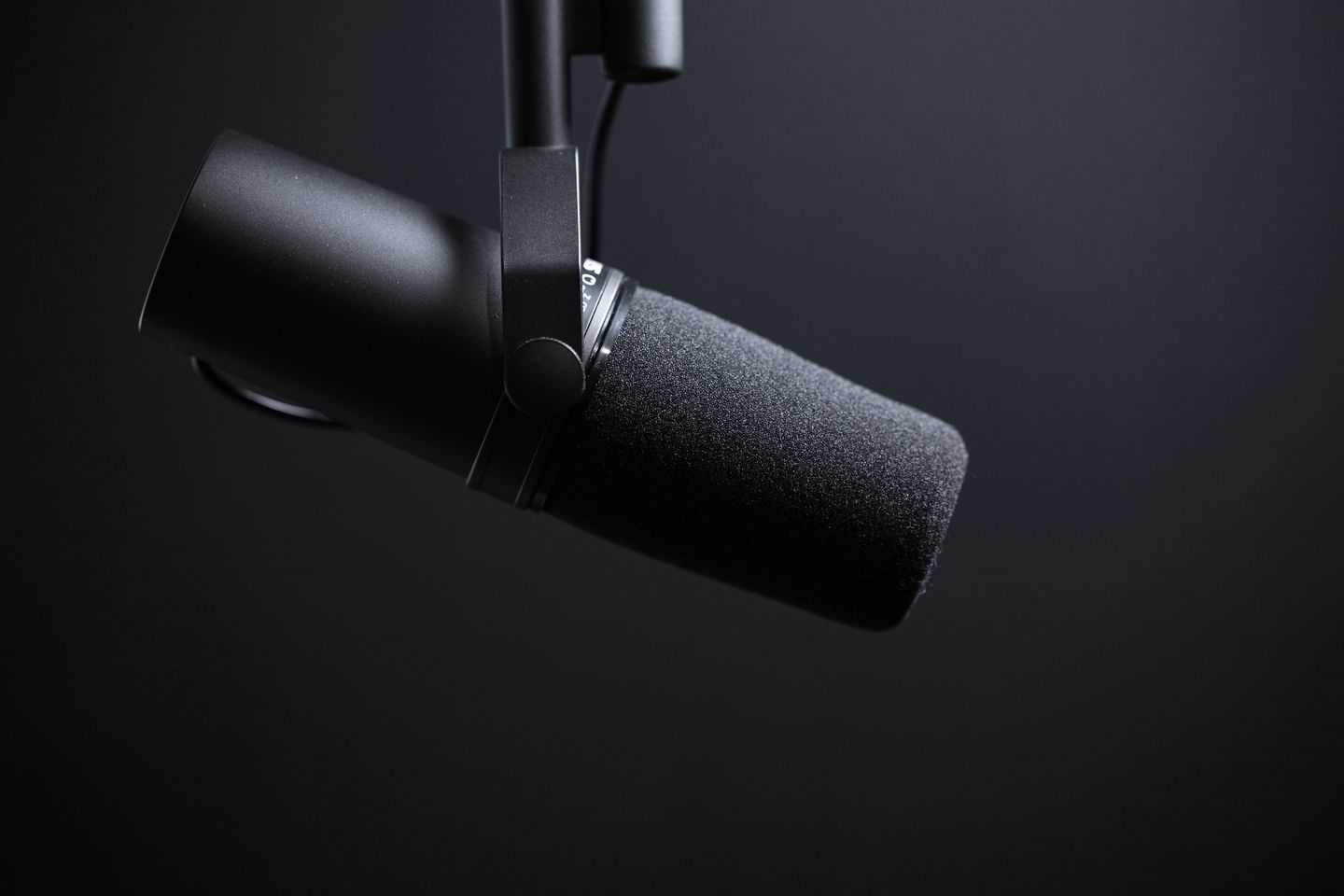Understanding aphasia - from different perspectives

In our three-part SNS podcast series, we shed light on aphasia from different perspectives. Aphasia sufferers, relatives, carers, speech therapists and doctors have their say and share their experiences.
In conversation with speech therapist Ines Conzett, we immerse ourselves in everyday life with aphasia: The conversations are authentic, touching and inspiring - and they raise awareness of a condition that permanently changes the language and lives of those affected.
With this podcast series, the SNS aims to raise awareness of aphasia, strengthen understanding of the effects of the condition and emphasise the importance of networked and interprofessional collaboration in therapy.
Immerse yourself in exciting episodes that impart knowledge, promote empathy and open up new perspectives for anyone who wants to learn more about the condition, its effects and how to deal with it.
If you enjoyed the podcast, please recommend it to others!